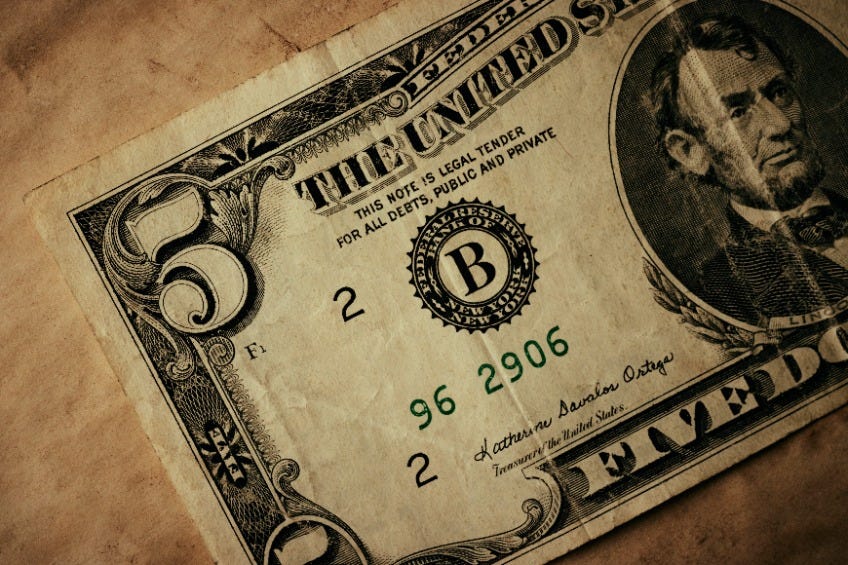Issue #443 Black History Thursday, December 21, 2023
Merry Christmas, Happy Kwanzaa, and Happy New Year! Today In Black History will return on January 2, 2024.
Welcome to this Today in Black History post. Black History IS American History, no matter how hard some people try to erase our history and contributions.
A lot of this information is available at yenoba.com, blackfacts.com, and onthisday.com.
This post is free to read/listen to for two days. To have 365 24/7 access to all our posts and podcast episodes and financially support “We Are Speaking” for no more than $5 per month, please subscribe at the paid level.
Today’s Black WOW!
Kwanzaa is a seven-day cultural celebration that takes place from December 26th to January 1st each year. It was created in 1966 by Dr. Maulana Karenga, a professor of Africana Studies. Kwanzaa was designed as a way for African Americans to reconnect with their African roots and celebrate their cultural heritage.
Kwanzaa is not meant to replace Christmas or be considered a “Black Christmas.” Many people across the African diaspora celebrate one holiday or the other or both.
The name "Kwanzaa" is derived from the Swahili phrase "matunda ya kwanza," which means "first fruits of the harvest." This reflects the agricultural origins of African civilizations, where the harvest played a significant role. Kwanzaa is celebrated in remembrance of the various African harvest festivals that took place throughout the continent.
The holiday's foundation is built upon seven principles known as the Nguzo Saba. These principles are focused on promoting unity, self-determination, collective work and responsibility, cooperative economics, purpose, creativity, and faith. Each day of Kwanzaa is dedicated to one of these principles, and a candle is lit on the Kinara, a seven-branched candleholder, to symbolize the spirit of each principle.
Celebrating Kwanzaa involves various customs and rituals. Families gather to light the Kinara, share stories and reflections, and engage in activities that promote the principles of Kwanzaa. The holiday also includes the exchange of gifts, typically emphasizing handmade crafts and books that reflect African culture. Additionally, traditional African music, dance, and attire are often incorporated into the celebrations.
Kwanzaa is also often celebrated as a 7-day series of community events held in different locations, with each day sponsored by an African-centered community organization. Everyone is welcome to attend and participate in the day’s community event.
Kwanzaa holds cultural significance as a way for African Americans to honor their heritage, strengthen their communities, and pass down cultural traditions to future generations. It encourages unity and self-empowerment while fostering a sense of identity and pride.
Today In Black History
- In 1865, South Carolina issued the first set of “Black Codes” that were meant “to regulate the relations of persons of color” and to continue to discriminate against them in several personal, labor, and professional areas.
- In 1921, it was reported that 59 Black people were lynched.
- In 1956, the Supreme Court ruled that segregated buses were unconstitutional.
- In 1959, the citizens of Deerfield, Illinois authorized a plan that blocked the building of an interracial housing development.
- In 1959, Berry Gordy, Jr. founded Motown Records.
- In 1976, Patricia R. Harris, the first Black woman to hold a Cabinet position, was named Secretary of Housing and Urban Development by President-elect Jimmy Carter.
- In 1988, Rev. Jesse Jackson coined the term “African American” and urged its widespread use.
- In 1993, Hazel O’Leary was named Secretary of Energy by President Bill Clinton.
The “Comments” feature has been disabled. Instead, let’s discuss these facts in our community on Substack Notes. You can also read other Substack publications without subscribing to them when you join Notes.





